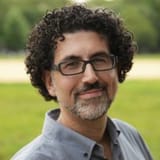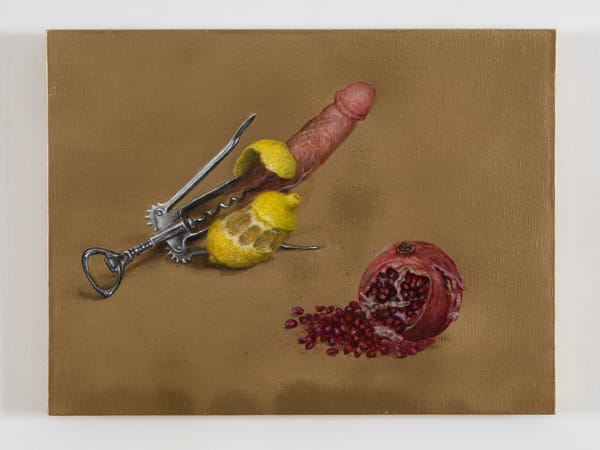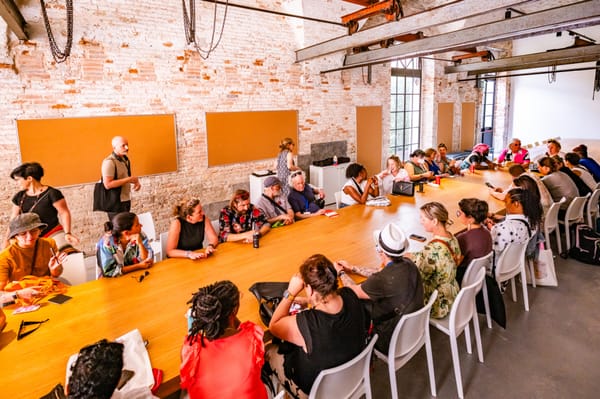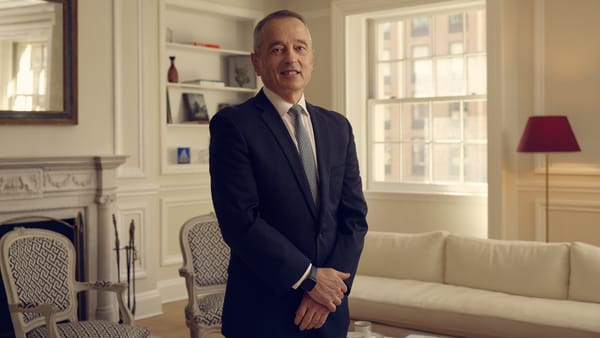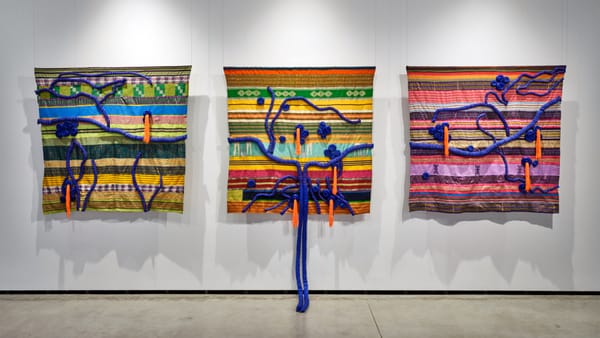Required Reading
This week, the Kony 2012 scam, "experts" in a pandemic, how the pandemic changed internet behavior, Apple designs a face shield, and more.
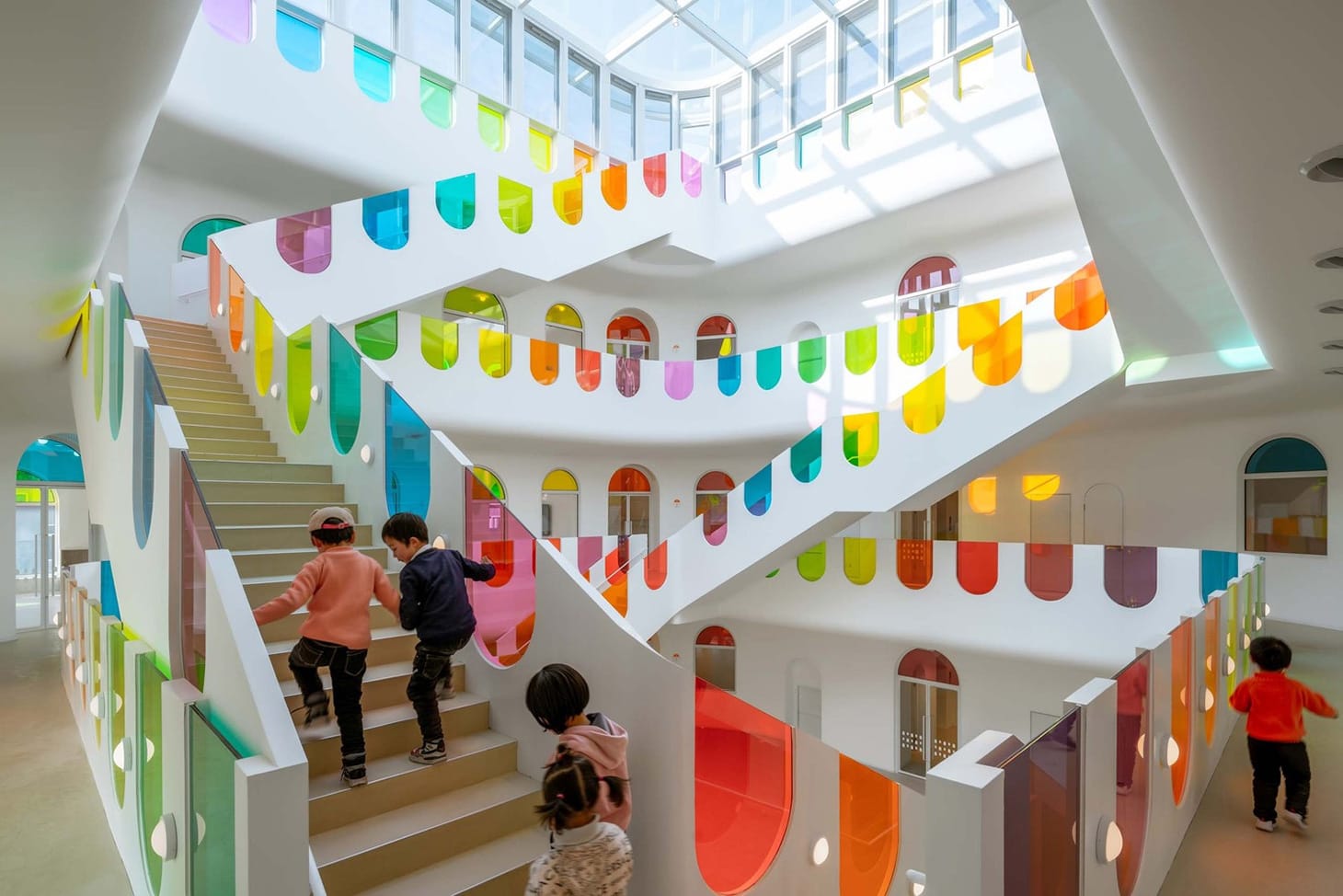
- An excellent recent documentary on the Kony 2012 viral scam (remember that?!) and its connection to evangelical groups and US foreign policy:
- In a fascinating interview, Nawal Arjini talks to science and technology studies professor Sheila Jasanoff about the pandemic and the role of “experts.” This answer is wow:
NA: Is there a limit to American civic faith in experts? Does putting someone like Mike Pence in charge, after he so badly mishandled the HIV/AIDS crisis in Indiana, test it?
SJ: Simple faith in experts is every bit as unwarranted as faith in angels. We should never trust people because they say they’re experts; we should always ask on what basis they became experts. It’s an all-hands-on-deck crisis; everybody with relevant knowledge ought to be providing that knowledge and meeting other people who will knowledgeably question them. None of us can claim to be prescient. We should be deciding how we pool society’s considerable knowledge against what could become a disaster of unprecedented proportions. My point is we already know a lot about how to do those things.
Science has become as powerful as it has because it has adopted the idea of peer review—that you don’t trust one person, you trust one person’s judgment, because it’s been questioned by other people. Modern science has specialized, and peer review is pretty good when it functions inside a narrow community. Peer review is not good when you need to confront different bodies of knowledge with and against each other. Someone who understands the dynamics of what happens inside a family when you’re cooped up together for week upon week—that person is not going to tell you very much about how a virus acts inside a body, or how quickly contagion spreads if you don’t self-isolate.
Since the concern of pandemics at the beginning of this century, this country’s government was trying to put together a team of experts. From my standpoint, it might have been too narrow a body of expertise even then, but at least there was an attempt to have a response capability in place. That was dismantled in 2018. That was short-sighted. It should be replaced, and broadened to include legal and constitutional expertise, social expertise, including understanding of inequality and understanding of gender, to name two very important things.
- The New York Times looked at how the pandemic and stay-at-home orders have changed internet behavior. Overall, app-use is mostly the same, while website use is very much up. And check out this graph about popular remote working apps. Zoom is clearly the biggest winner:
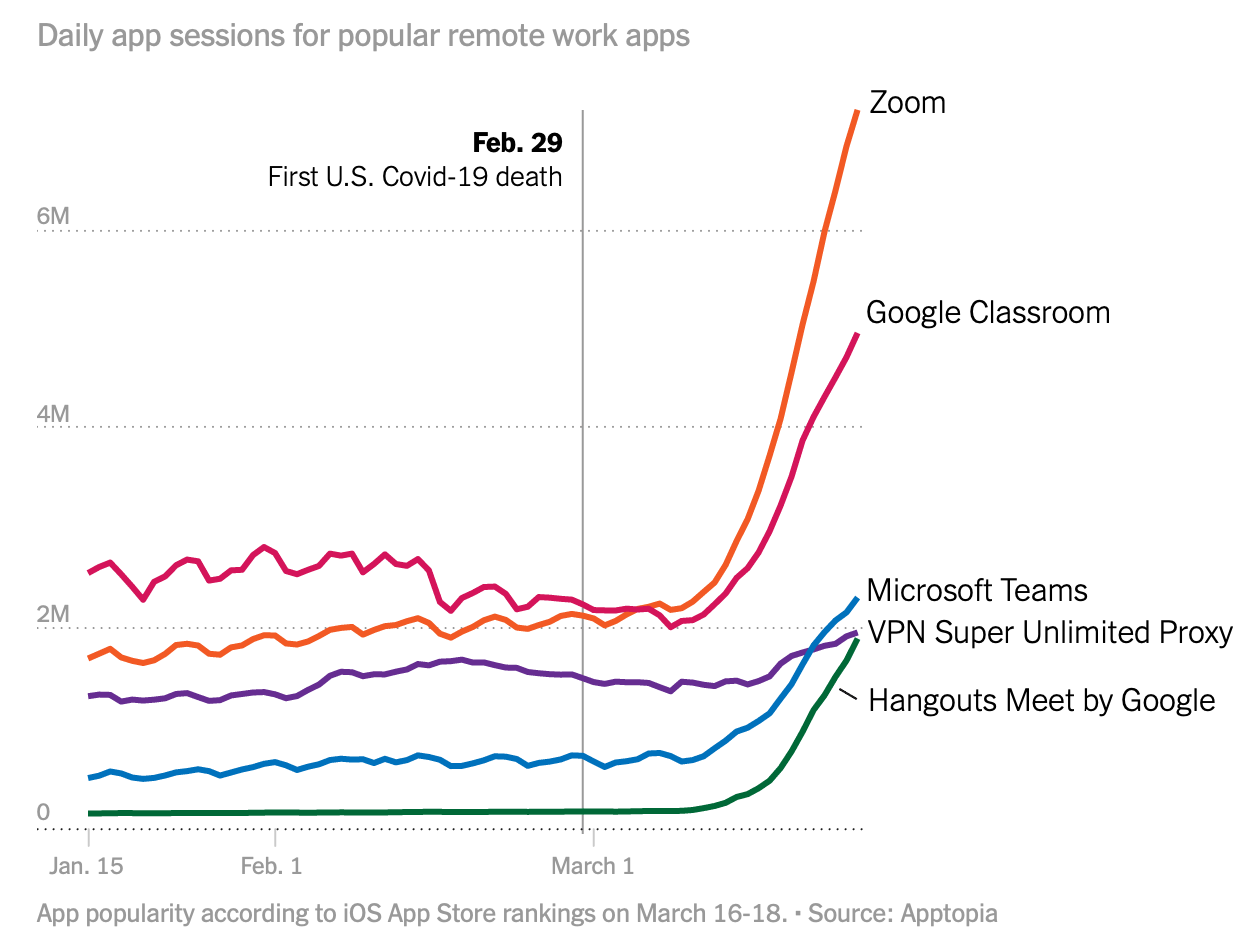
- Christopher Knight argues the Museum of Contemporary Art (MOCA) in Los Angeles should not be furloughing its employees:
Five days after Congress passed and President Trump signed into law a $2.2-trillion bill to ease the economic devastation caused by the escalating novel coronavirus outbreak, the crisis-shuttered Museum of Contemporary Art in downtown Los Angeles announced that virtually its entire staff would be furloughed in mid-April.
Only one question lingered: Why?
The federal CARES Act provides $350 billion in relief funds for small businesses in an effort to keep workers fully employed. So why are museum workers being expected to take the financial brunt of a crisis they had no hand in making?
MOCA is in fact exactly the kind of small business the unprecedented bill was designed to help. A museum spokeswoman said the possibility of using the relief funds has been discussed, but no action has been taken.
- Writing for the Financial Times, writer Arundhati Roy suggests the pandemic could be an opportunity to determine a better future for India:
The economic crisis is here. The political crisis is ongoing. The mainstream media has incorporated the Covid story into its 24/7 toxic anti-Muslim campaign. An organisation called the Tablighi Jamaat, which held a meeting in Delhi before the lockdown was announced, has turned out to be a “super spreader”. That is being used to stigmatise and demonise Muslims. The overall tone suggests that Muslims invented the virus and have deliberately spread it as a form of jihad. The Covid crisis is still to come. Or not. We don’t know. If and when it does, we can be sure it will be dealt with, with all the prevailing prejudices of religion, caste and class completely in place.
john krasinski and emily blunt surprising a hamilton fan by having the entire original broadway cast join their zoom and sing for her is absolutely the best thing i have ever seen. pic.twitter.com/TLmCsbIk6n
— domi (@melissafumeros) April 6, 2020
- In large parts of India the Himalayas are visible for the first time in decades as the pollution levels have dropped after the country instituted stay-at home-orders to its population:
“Never seen Dhauladar range from my home rooftop in Jalandhar. Never could imagine that’s possible. A clear indication of the impact the pollution has done by us to mother earth,” Mr Singh posted on Twitter.
- Maybe this is a sign of the times. Apple has unveiled a face shield design, according to Dezeen:
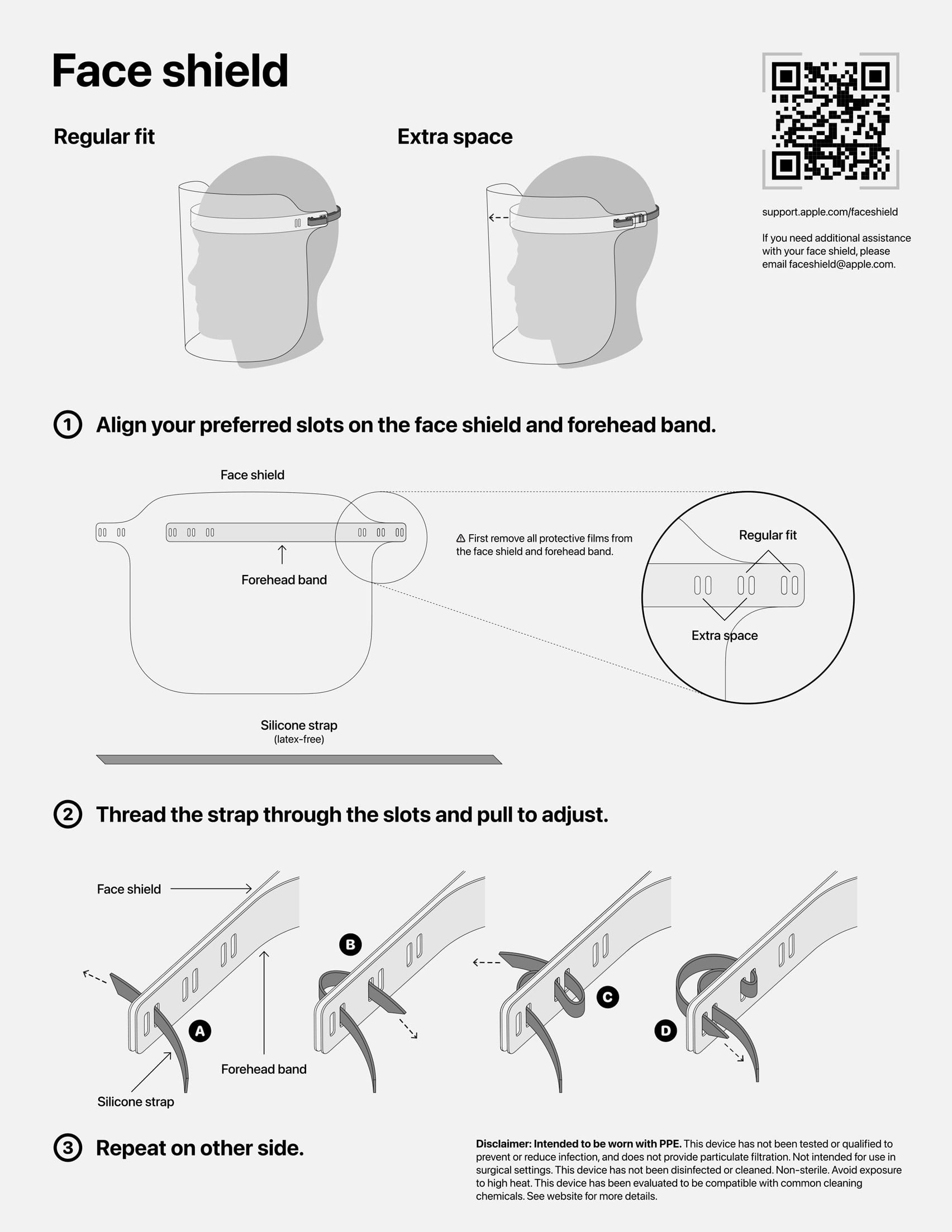
- Anyone who has had to work with/live with/love an academic will enjoy this:
Retweets are not endorsements. They are performative engagement markers that intentionally confound direct alignment with ironic promotion, ambivalent reflection, or personal brand management so as to reveal all or nothing of one’s authentic perception depending on the observer.
— Shit Academics Say (@AcademicsSay) April 6, 2018
- Some days the internet does its thing well:
You’re welcome https://t.co/0JaBOBtNBy pic.twitter.com/RHgnaVkyjO
— Parker Molloy (@ParkerMolloy) April 9, 2020
Required Reading is published every Saturday, and it is comprised of a short list of art-related links to long-form articles, videos, blog posts, or photo essays worth a second look.

